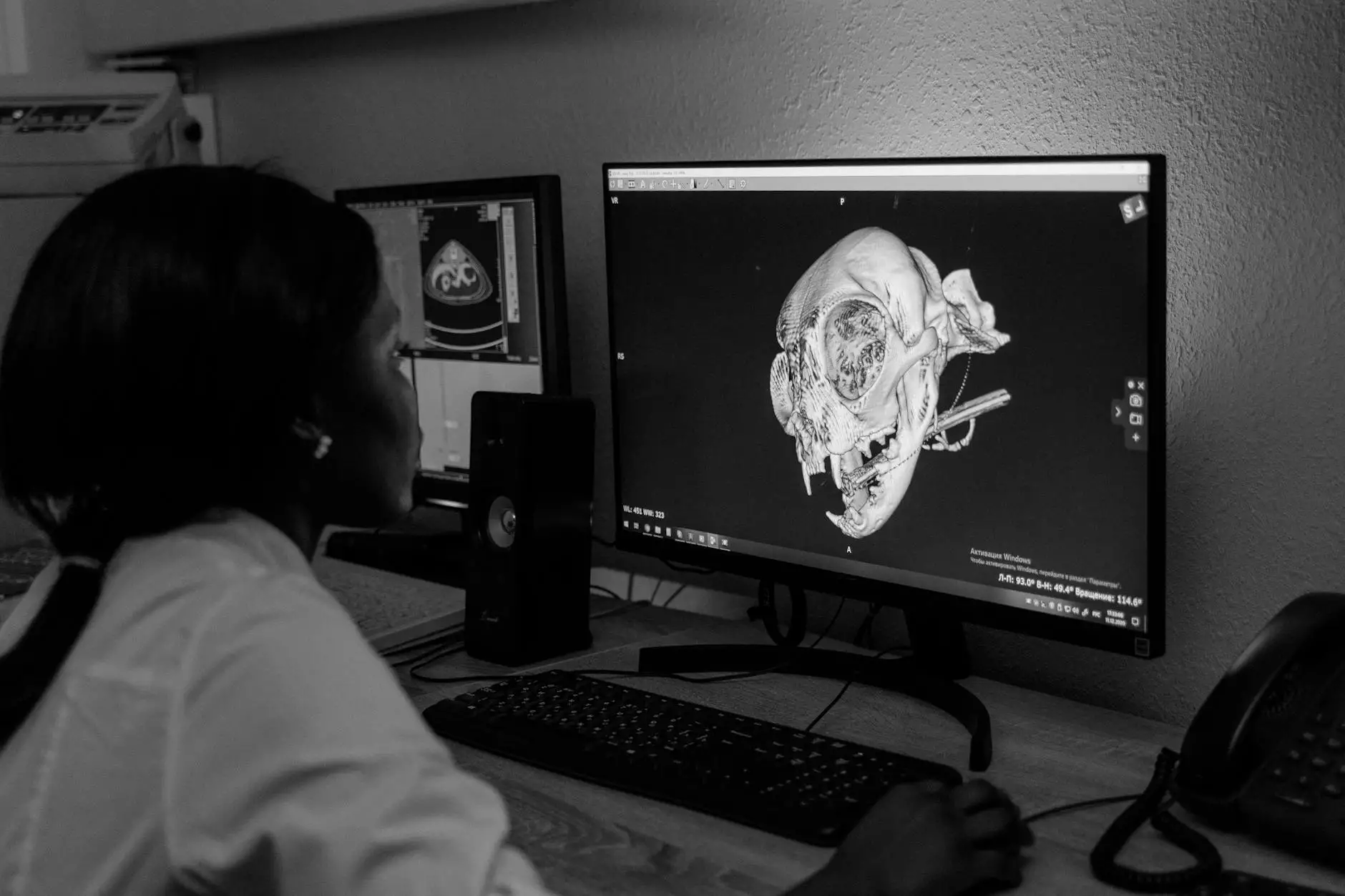Sun Tag Archives - Richard Martinez, MD
Blog
Understanding the Sun's Impact on Health
Welcome to the Sun Tag Archives page of Richard Martinez, MD, where you will find comprehensive information and expert insights on all topics related to the sun and its effects on your health. In this category, Dr. Martinez, a renowned expert in the field of healthcare, shares valuable tips, advice, and detailed explanations to help you make informed decisions and stay safe under the sun.
Why Sun Protection Matters
The sun, while necessary for life, can also pose various risks to our health. Overexposure to the sun's harmful ultraviolet (UV) rays can lead to sunburn, premature aging, and even increase the risk of skin cancer. It is crucial to understand the importance of sun protection and take necessary precautions to safeguard your well-being.
1. Understanding UV Radiation: The Key to Sun Safety
Before diving into effective sun protection techniques, it is crucial to understand UV radiation and its impact on our bodies. UV rays come in different forms: UVA, UVB, and UVC. UVA rays penetrate deep into the skin, causing long-term damage and premature aging. UVB rays are responsible for sunburn and can directly damage the DNA in our skin cells, increasing the risk of skin cancer. UVC rays are absorbed by the Earth's atmosphere and do not pose any direct threat to us.
To protect yourself from the harmful effects of UV radiation, it is essential to:
- Stay in the Shade:
- Wear Sunscreen:
- Cover up:
- Wear Sunglasses:
Limit your sun exposure during peak hours, usually between 10 am and 4 pm, when UV rays are the strongest. Seek shade under trees, umbrellas, or wear protective clothing such as wide-brimmed hats and long-sleeved shirts.
Apply broad-spectrum sunscreen with a minimum SPF (Sun Protection Factor) of 30, which blocks both UVA and UVB rays. Remember to reapply every two hours, especially after swimming or sweating.
Use clothing as a physical barrier to shield your skin from the sun. Wear long-sleeved shirts, long pants, and wide-brimmed hats to provide extra protection.
Protect your eyes from harmful UV rays by wearing sunglasses with UV-blocking lenses. Look for sunglasses that block 100% of both UVA and UVB rays.
2. Common Sun-Related Health Concerns and How to Address Them
Excessive sun exposure can lead to a range of health concerns beyond sunburn and premature aging. Here are some common sun-related health issues and tips on how to address them:
- Heat Stroke and Heat Exhaustion:
- Extended exposure to the sun and high temperatures can cause heat stroke or heat exhaustion. Stay hydrated, take breaks in shaded areas, and avoid strenuous activities during peak heat hours.
- Sun Allergies:
- Some individuals may develop allergic reactions to the sun, resulting in rashes or hives. If you experience sun allergies, consult with a healthcare professional to determine the best treatment approach.
- Eye Damage:
- Unprotected exposure to UV rays can harm your eyes, leading to conditions such as cataracts or corneal sunburn. Ensure you wear sunglasses with proper UV protection.
- Skin Cancer:
- Repeated sunburns and prolonged exposure to UV rays increase the risk of developing skin cancer. Regularly check your skin for any abnormalities or changes and consult a dermatologist for further evaluation.
- Vitamin D Deficiency:
- While protecting yourself from the sun is crucial, moderate sun exposure is necessary to maintain optimal vitamin D levels. Consult with a healthcare professional to strike the right balance for your overall well-being.
The Importance of Sun Safety for Different Age Groups
Appropriate sun protection practices vary across different age groups, as each has unique vulnerabilities to the sun's harmful effects. Here's a brief guide tailored to specific age groups:
1. Sun Safety for Children
Children have particularly sensitive skin and are more at risk of long-term sun damage. Implement the following strategies to protect your little ones:
- Apply Child-Friendly Sunscreen:
- Cover Up:
- Seek Shade:
Choose a sunscreen specifically formulated for children and apply it generously on exposed skin. Opt for SPF 30 or higher.
Dress children in lightweight, long-sleeved clothing, wide-brimmed hats, and sunglasses to minimize exposure to the sun's rays.
Limit sun exposure by ensuring children play in shaded areas or under umbrellas. Encourage them to take breaks indoors during peak hours.
2. Sun Safety for Adults
Practicing sun safety is essential for adults to maintain healthy skin and reduce the risk of skin cancer. Consider the following tips:
- Regularly Examine Your Skin:
- Protective Clothing:
- Seek Shade:
Perform self-checks on your skin to monitor any changes and detect potential issues early. Consult a dermatologist for professional skin examinations.
Wear wide-brimmed hats, sunglasses, and clothing that provides adequate sun protection when spending extended periods outdoors.
Avoid unnecessary sun exposure by staying in shaded areas during peak hours. When possible, schedule outdoor activities in the early morning or late afternoon.
3. Sun Safety for Seniors
Seniors often have thinning skin that is more susceptible to sun damage. Protect your skin and overall health with these tips:
- Sunscreen Application:
- Cover Exposed Skin:
- Stay Hydrated:
Use a broad-spectrum sunscreen with a higher SPF value to shield your skin from UV rays. Reapply after sweating or spending extended periods outdoors.
Wear clothing that covers your skin, including long sleeves, pants, and sun hats, to reduce direct sun exposure.
Seniors are more prone to dehydration, especially in hot weather. Drink plenty of fluids and limit alcohol and caffeine consumption.
Conclusion
Richard Martinez, MD is dedicated to providing you with reliable information and insights to help you navigate through the world of sun protection and its impact on your health. By offering comprehensive tips, addressing common concerns, and emphasizing the importance of sun safety across different age groups, Dr. Martinez ensures you have the knowledge and tools necessary to protect yourself and your loved ones.
Remember, prevention is key when it comes to sun-related health issues. Implement the recommended sun safety strategies and consult with healthcare professionals for personalized advice. Stay informed, stay protected, and enjoy the sun responsibly!




